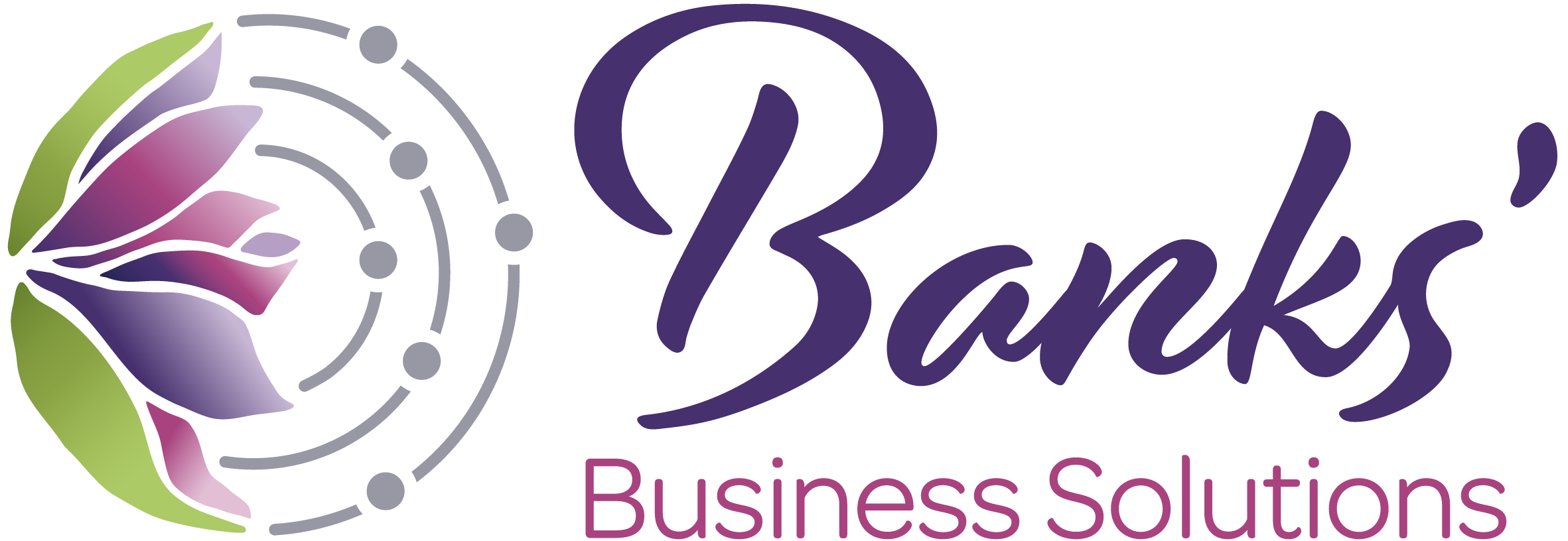Could Your Biz Be “Micro”? (It Might Be Better Than You Think)
Let’s be real – when you’re running your own business, sometimes just surviving the week feels like success. But have you stopped to think about how you define your business and what ‘success’ means for you? We’re often told ‘growth’ is the goal, that you haven’t really succeeded until your business breaks out of the small category.
But for many of us, that big expansion just isn’t what we envision and continually trying to squeeze into “small biz” expectations creates unnecessary stress. “Small” is a popular umbrella but maybe your path to a truly satisfying business leads straight into the heart of ‘micro’ territory.
Small Business or Micro Business – how to tell where your business sits
While there’s no universally agreed-upon definition, here’s a breakdown of the key ways in which small businesses and micro-businesses differ.
Small businesses usually have between 10 and 500 employees, though this can vary by industry and country. Due to the staff size, small businesses are often structured into departments with key staff responsible for those areas. Small businesses may have a strong market presence with an established reputation within their sector and they might be expanding with a regional focus and an aim of going national.
Micro-businesses are defined by minimal staffing, primarily operating as solo ventures or with very small teams (under 10 employees, and often under 5). Unlike the scale of larger small businesses, the revenue of micro-businesses typically supports the immediate owners and any partners.
What’s in a Name? More Than You Think
The labels we use, whether intentional or not, influence how we see ourselves and how others perceive our businesses. Choosing to position yourself as “micro” isn’t just a term change – it helps set realistic goals internally while shaping your niche market position and client understanding.
Here’s why ditching the blanket term “small” and embracing “micro” can make all the difference:
Mindset: No more apologising for not having a million-pound growth plan! Identifying as “micro” reminds you that slower scaling isn’t a failure… it might be exactly how you want to run things. Your focus shifts to sustainable success at the size that works for you.
Tailored Solutions: The standard “scale-up” advice we encounter? Most of it is irrelevant if you’re intentionally solo or working with a tiny team. Being “micro” helps you seek out the specific strategies, tools, and communities truly designed for your model, instead of wasting time on the wrong solutions.
Community Connection: Are you tired of competing with mega-corps on one end and your neighbour’s Etsy shop on the other? When you own your “micro” status, you start forming alliances with those sharing the same daily triumphs and struggles.
Client Expectations: “One-person shop” isn’t something to downplay…it’s your superpower! But only if you communicate it honestly. Clients who value the bespoke touch your micro-business brings won’t be surprised that you don’t have an entire on-staff design department or admin team. Setting up-front expectations is a win-win.
Building Your Niche: For example, “Small baker” covers everyone from home kitchens to regional companies. “Micro-bakery” immediately signals your artisan status, attracting customers who value your limited batches and unique products.
Prioritising Values: Choosing “micro” consciously can affirm work-life balance as a non-negotiable. If growing your business requires sacrifices you won’t make, then owning the term micro business can be empowering.
The Micro Mindset: Control, Flexibility, and Owning Your Choices
It’s important to emphasise that embracing a micro business model doesn’t mean growth is off the table! Growth comes in many forms. Instead of scaling your team, perhaps growth looks like consistently attracting higher-value, dream-fit clients – allowing you to be choosy without needing a volume-based business model. This selective growth also protects your time and keeps the focus on work you deeply enjoy.
Of course, the micro-business path isn’t all sunshine and flexibility. Limited resources are an undeniable reality. This might mean leaner financial buffers when things get financially tough or occasional frustration when a surge of work makes you wish you had an extra pair of hands. The “micro” mentality is about acknowledging these trade-offs while being strategic to minimise them. This might include smart outsourcing or automating processes to reduce your own time investment.
The key is figuring out if ‘micro’ feels constricting or empowering for YOU.
Are the trade-offs worth the sense of control and fulfilment? Does ‘success’ to you include the things ‘micro’ uniquely offers (lifestyle flexibility, passionate niche focus, etc.)? If so, it’s time to ditch preconceived notions about what a business ‘should’ be and own your path. This isn’t just about survival, but about thriving in a way that fits.
Sound Familiar? Let’s Chat, I’d love to hear your thoughts on the micro business model and whether you see it as a good fit for you or do you prefer to use the more umbrella term of small business instead?

